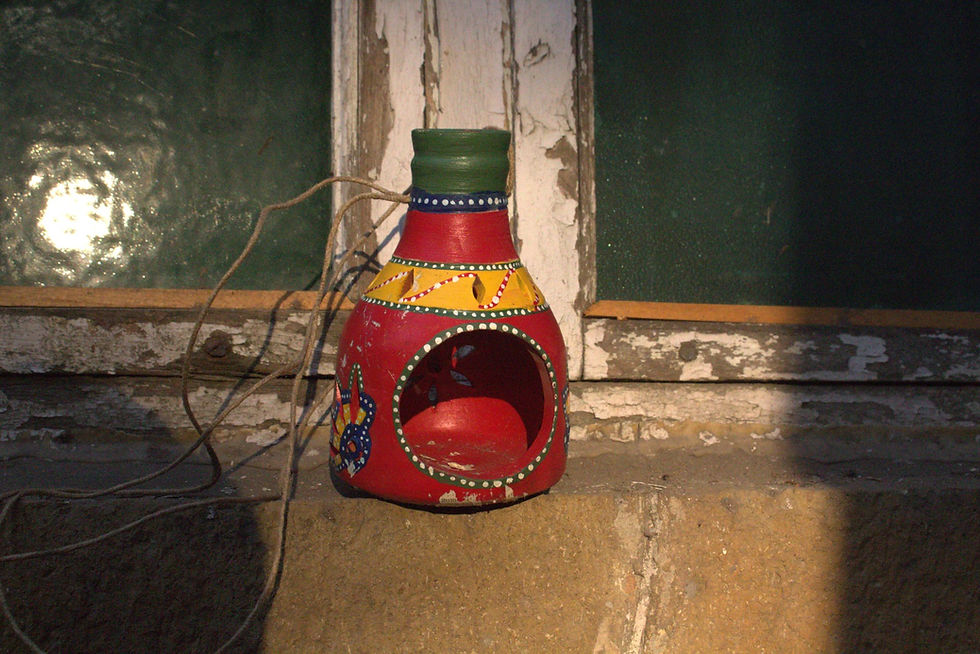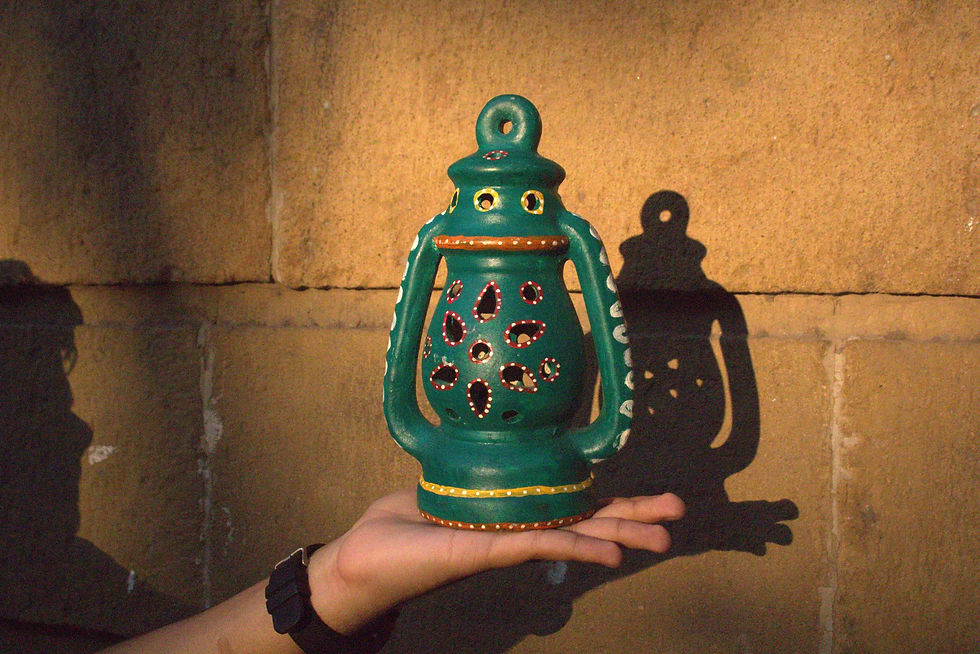Embracing Authenticity: The Power of Handmade Goods in a Mass-Produced World
- Project Shilpkaar
- Jan 4, 2024
- 3 min read
Updated: Nov 9
Introduction
Economical rates. Immediate availability. In today’s world, fast fashion is everywhere. People are heedlessly buying mass produced items to fulfill their requirements. Brands selling mass-produced goods are growing exponentially day by day, and then utilizing the huge amount of money earned to grow even further. This unending process is eliminating the chance at fair competition for handmade goods in the market, and in turn condemning their producers to a life of poverty and misery.
Importance of Artisans and Handmade goods
India is a country with a rich cultural background, we constitute one of the world’s largest handicraft producers, with the handicraft sector employing over 7 million artisans across the country. These artisans beautifully curate various types of items like handwoven bags and baskets, beaded jewelry and accessories, decorative crafts made out of innumerable raw materials and so on, that have been used across generations. Handmade products are also important contributors to the nation’s economy. The artisan sector contributes significantly to the national GDP, from domestic sales and international exports, and also promotes sustainable and inclusive development by providing income opportunities to marginalized communities, women, and rural populations. It empowers individuals and communities economically and socially, and therefore, plays a key role in poverty alleviation and reducing income disparities.

Our Artisan tailoring tote bag made of Plarn

Red Lantern

Green Lantern
Comparison with Mass-Produced goods
Handmade goods, though greatly overlooked in present times, carry invaluable benefits as compared to mass produced goods, they readily offer personalisation of the item according to customer preference. The consumer can personally specify what design, pattern, material and style they want in an item, and the artisans will tailor the product to their specifications. Offering personalization in mass produced goods would be a much more difficult process, as those goods are by definition produced in bulk, and thus don’t have room for personalisations. Handmade goods also offer a key element that cannot be replicated in mass produced ones- a cultural connection, and a sense of emotion. They act as souvenirs that can be utilized to serve a purpose.
Craftsmanship and attention to detail are key characteristics of handmade products. Artisans take pride in their work, using high-quality materials and traditional techniques that stand the test of time. High quality is an assured trademark of handmade goods. Therefore, handmade goods are more durable and offer better value for money in the long run as they are created with hard work and utmost skill , as compared to mass produced goods which tend to go for quantity over quality.
Additionally, Handmade products are often created in small batches, promoting a more sustainable approach to consumption. They are typically produced with minimal waste and eco-friendly practices, making them a greener choice as compared to goods produced in bulk. Mass production is notorious for its significant environmental impact, including excessive resource consumption and waste generation.

Our Tote Bag

Peacock Diya
Contribution in exports
India is an active exporter of handmade goods. The nation witnesses various export fairs that take place mostly in its capital city- New Delhi. India’s export fairs are a reflection of the country’s rich cultural heritage,and skilled craftsmanship. If you ever want to perceive the beauty of Indian handicrafts in all its glory, the export fair is the perfect place for you. At the fair, buyers from all over the world get a chance to procure invaluable items produced by artisans around the nation, in wholesale or retail as specified by the suppliers. Therefore, handicraft products greatly contribute to the export rate.

Our Beneficiary
Conclusion
It is very well known that the production of handicrafts is an extremely demanding job and requires massive amounts of patience, time, and skill. However, despite putting in an immense amount of labor many artisans live in poverty and are barely able to earn a decent living, which in turn affects their marketing power and their buying capacity, hence forming an unending cycle. This deterioration in life quality leads to a decrease in the number of artisans across the country, which comprises a major issue. When a consumer chooses a handmade product over a mass produced one, they do their bit to support the artisans, and make sure the handcrafted specimens keep getting produced and in turn contribute to the betterment of our society, economy, culture and environment all in one go.
So, place your order today!
Eco-Friendly Rainbow Stripe Sling Bag for Women and Men - Durable Plarn Material
Buy Now




Comments